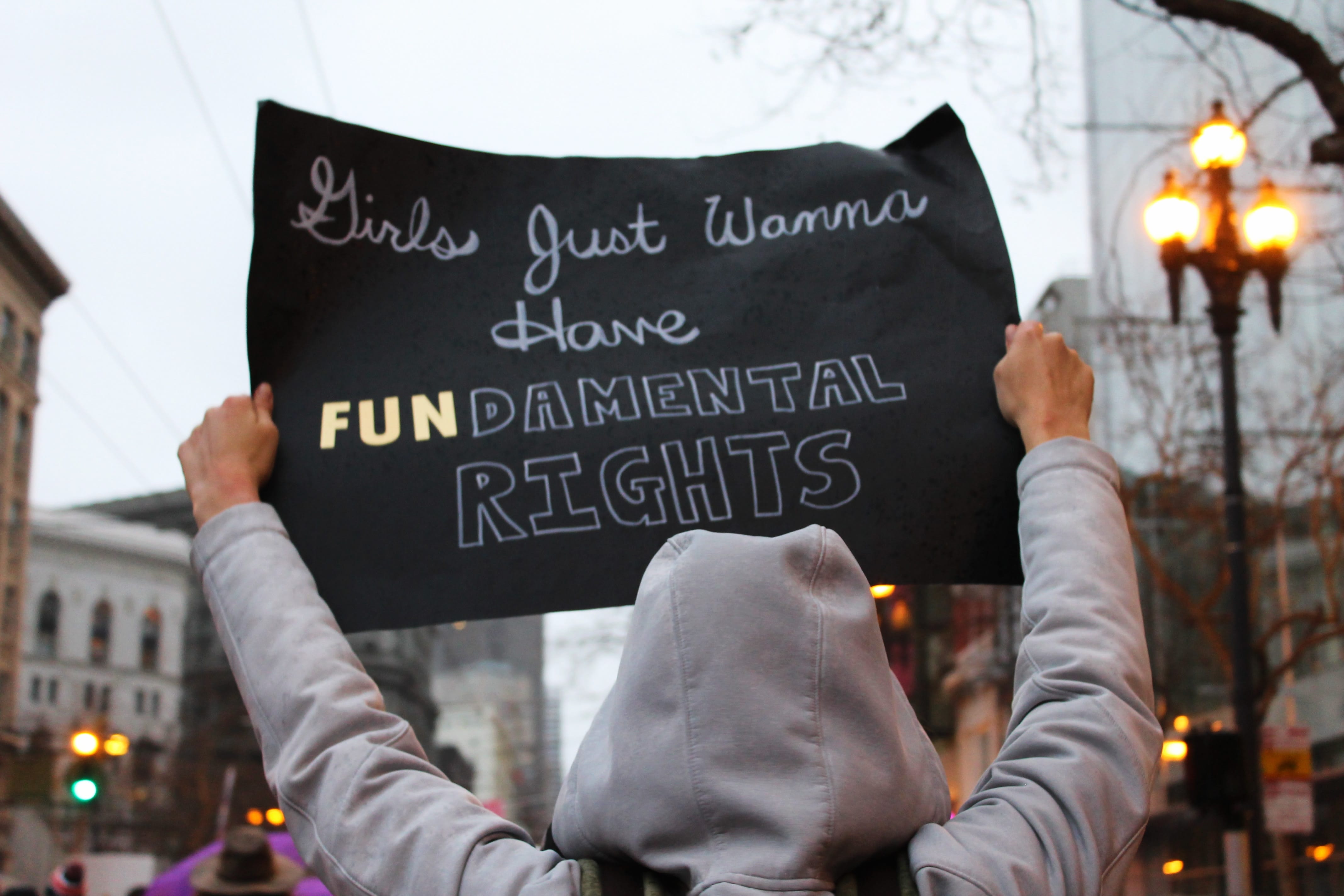Report finds gender equality won’t be achieved by 2030

According to a new index, not a single country is set to achieve gender equality by 2030. In 2015, 193 countries signed up to fulfil gender commitments in the 17 UN sustainable development goals (SDG) but even the Nordic states, which topped the list in terms of strides made, would need to work harder. The new index ranks 129 countries on various SDG factors related to women—health, education, violence, and work being a few of them. Denmark, Finland, and Sweden have come toward the top of the ranking but countries like Congo, Democratic Republic of Congo, and Chad have come bottom of the index. Melinda Gates, philanthropist and co-founder of the Bill & Melinda Gates Foundation, described the report as “a wake-up call to the world.”
IZA World of Labor author Janneke Pieters has researched the topic of gender inequalities in employment and wages. In her article, she writes: “In general, women consistently work less and earn lower wages than men. According to projections by the ILO, 75% of men aged 15 and older participated in the labor force in 2018, compared to 48.5% of women.”
The new research has revealed that nearly 40% of girls and women live in countries graded “very poor” and another 1.4 billion in countries graded “poor.” Mrs Gates commented: “Many countries with the most limited resources are making huge strides in removing the barriers for girls and women ... demonstrating that when it comes to gender equality, governments shouldn't have excuses for inaction.”
Researchers have also said that richer countries don’t always live up to their promise. Georgia, Malawi, and Vietnam have received higher than expected scores based on their gross domestic product (GDP) per head. For countries such as the US, Switzerland, and South Korea the opposite is true. Equal Measures 2030, the partnership behind the index, which will be regularly updated in the run up to 2030, has said that the index will help advocates to identify gaps and drive change.
Read more articles on gender inequality and diversity in the workplace.